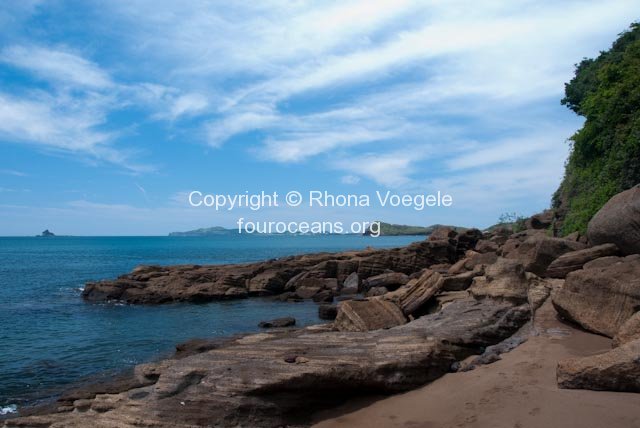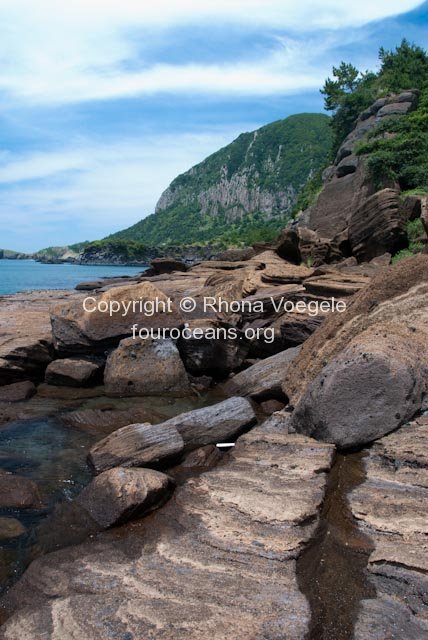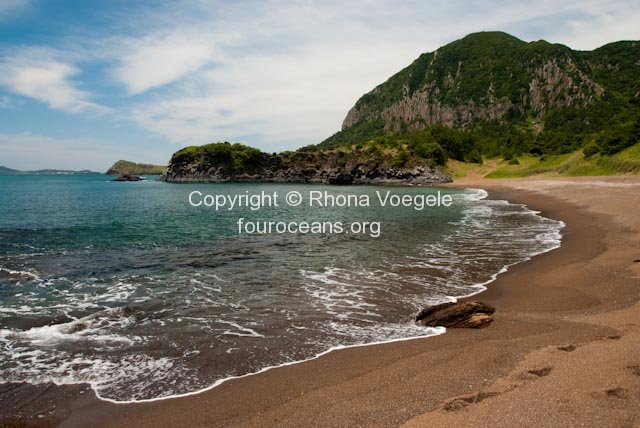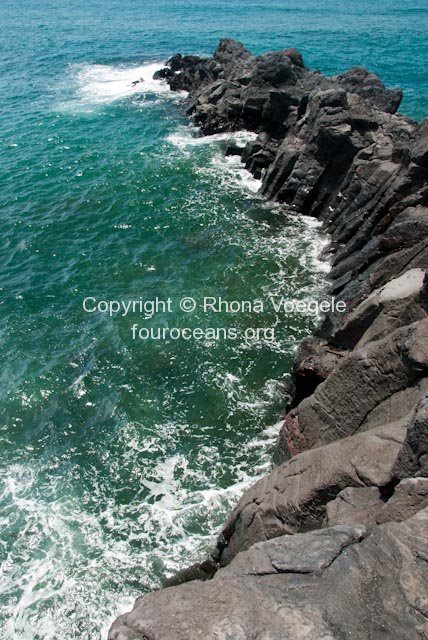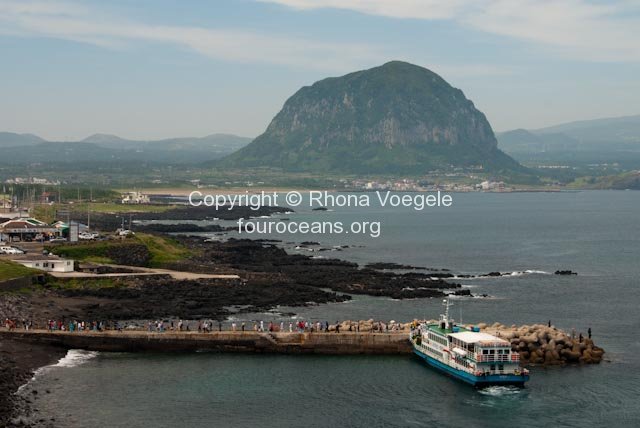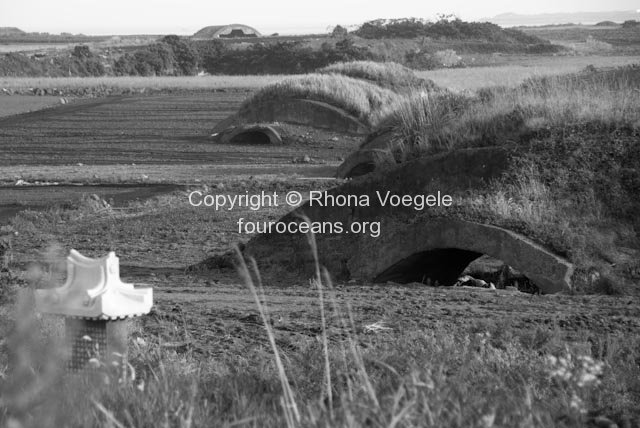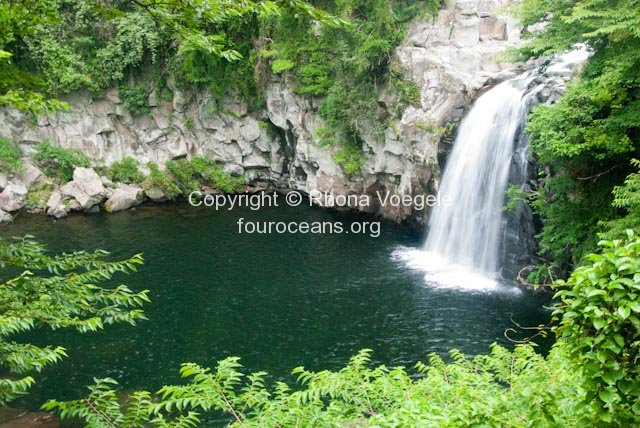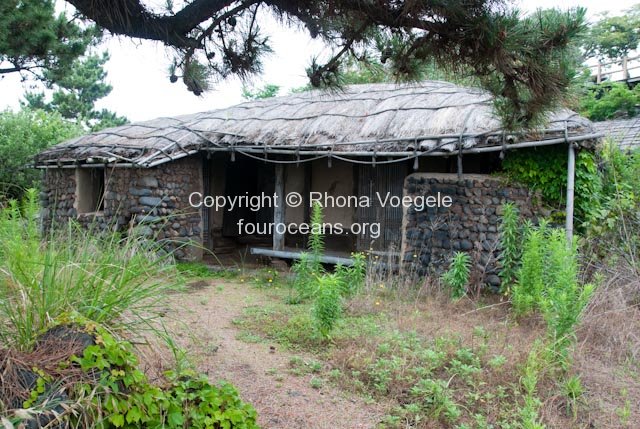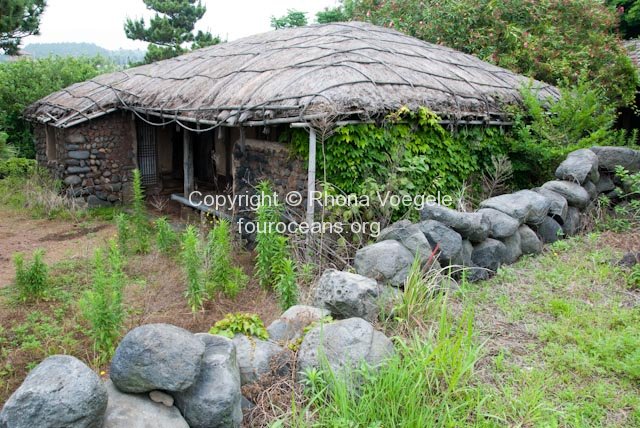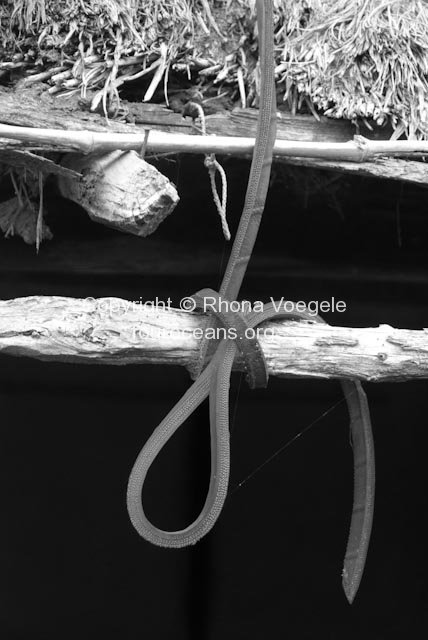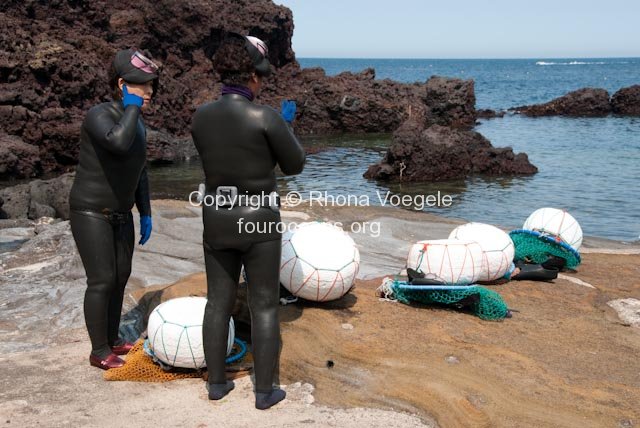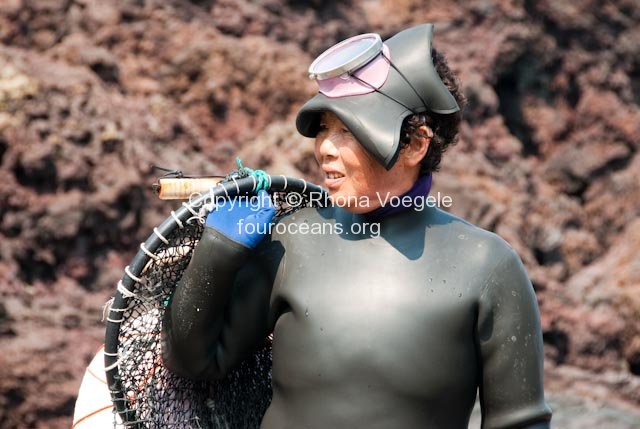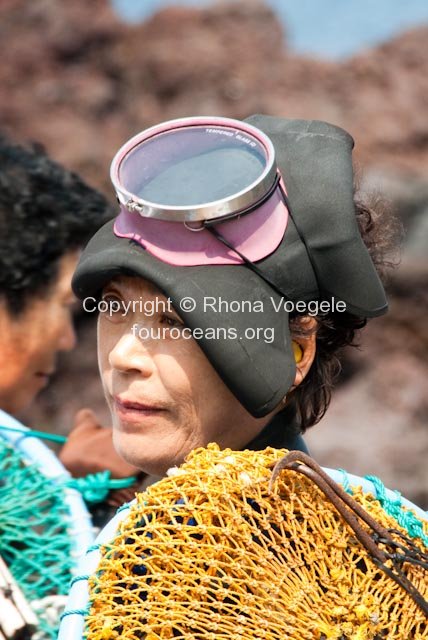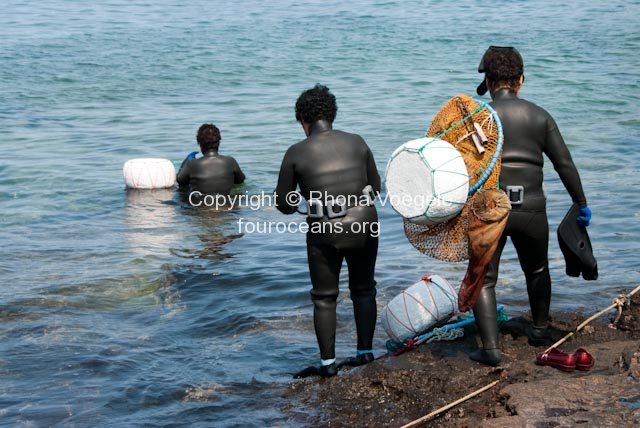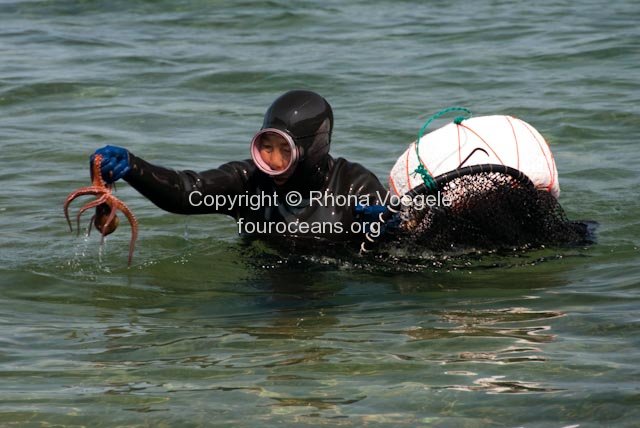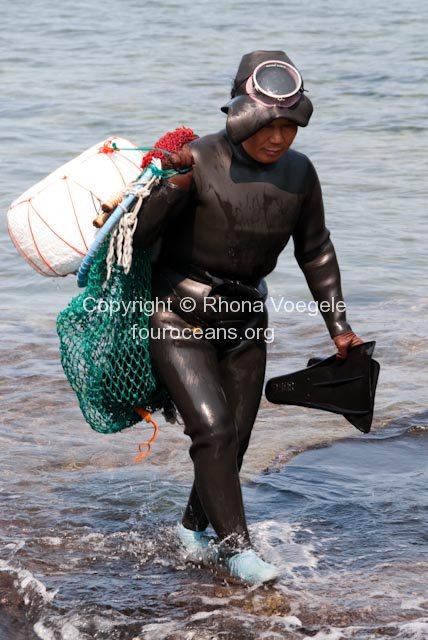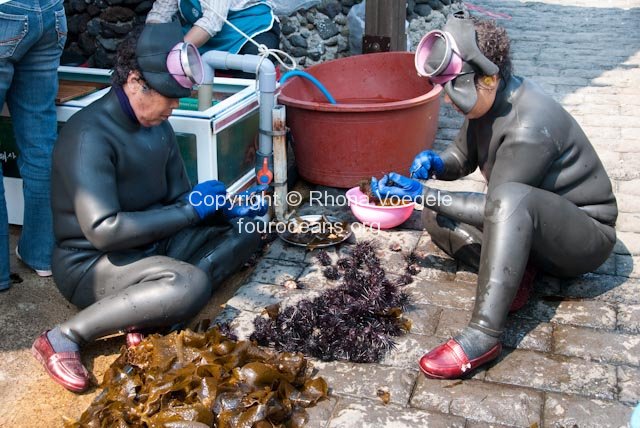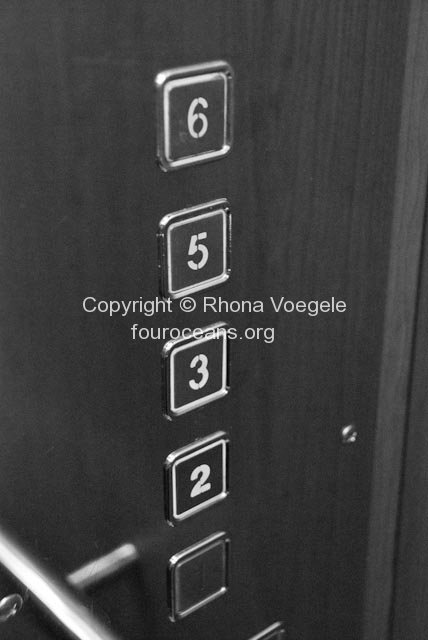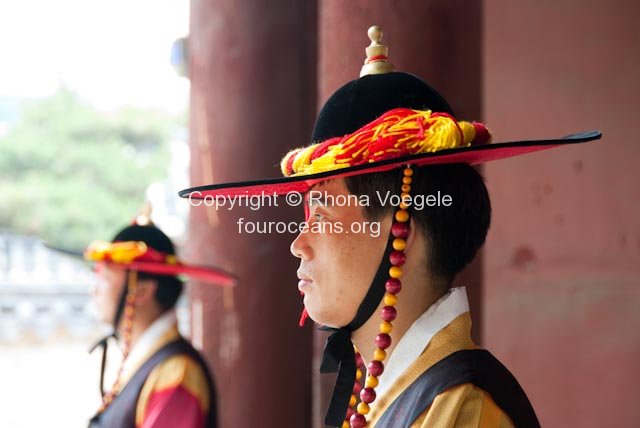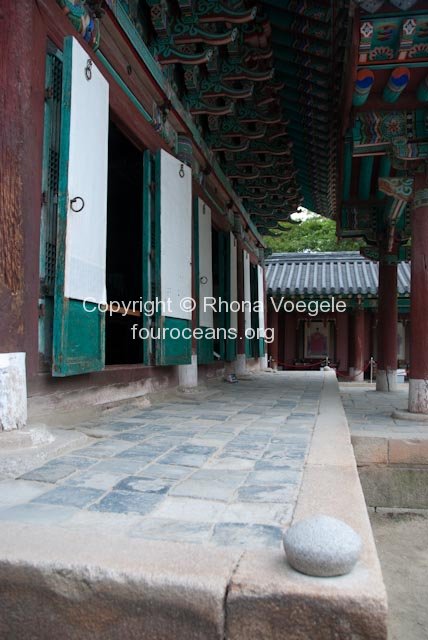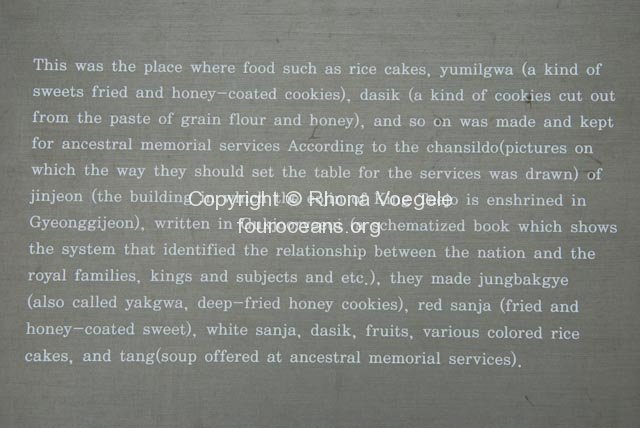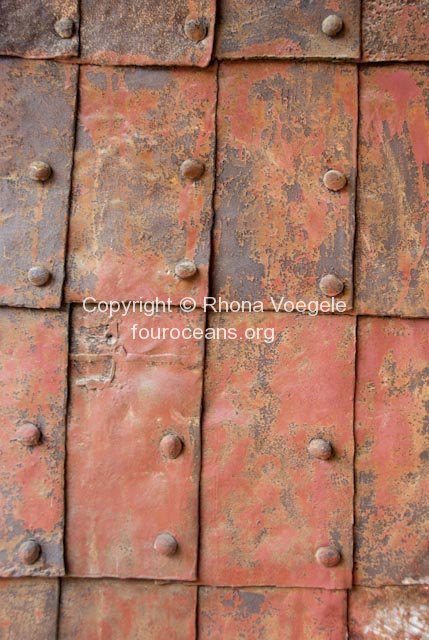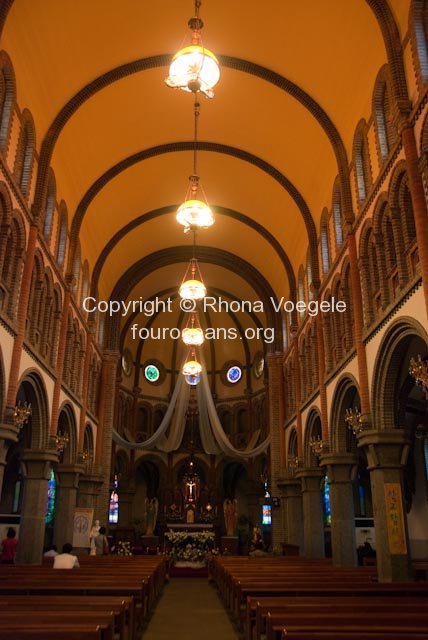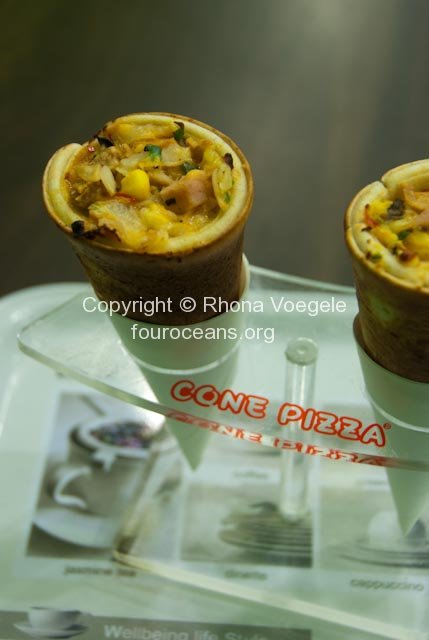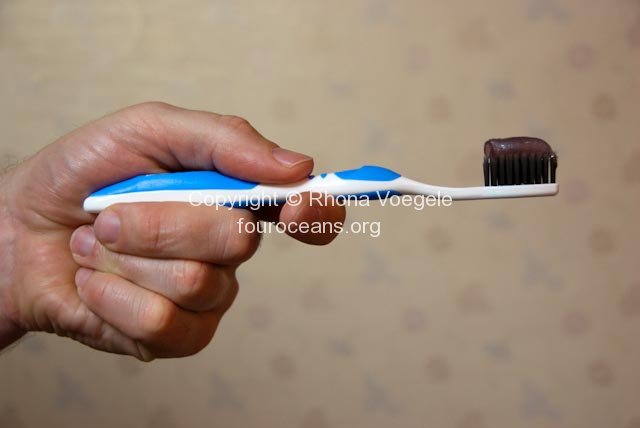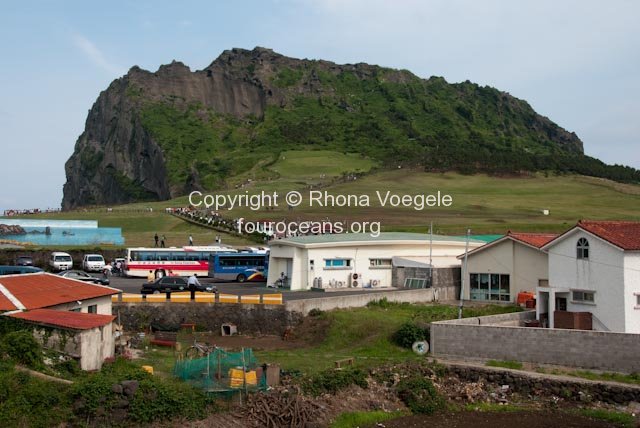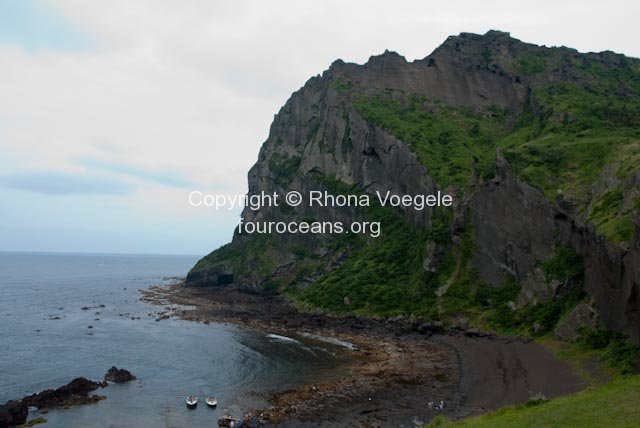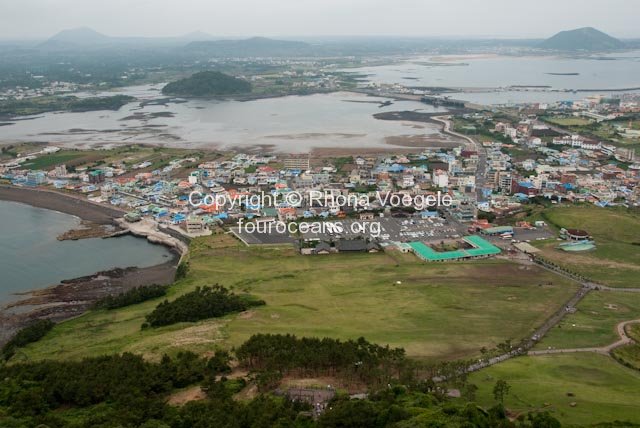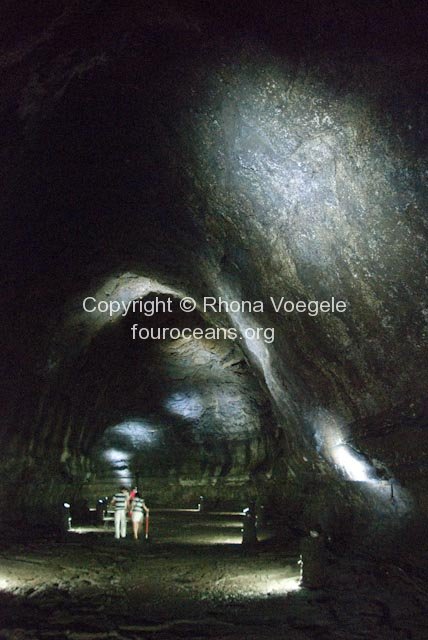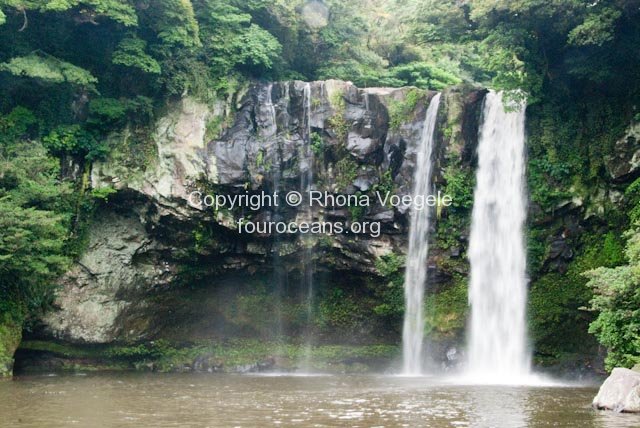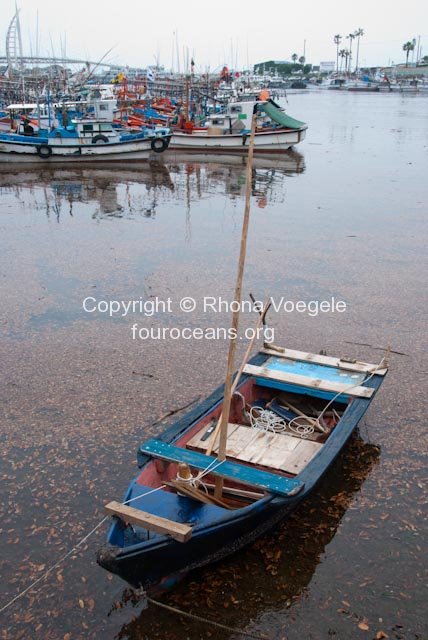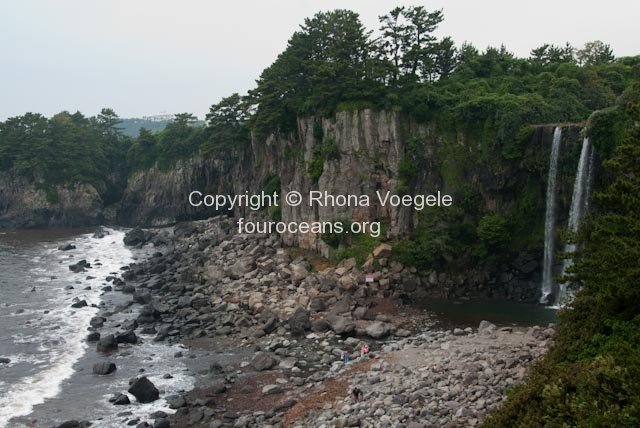Week 11: To Jeju
–
–
From Suwon we headed to Jeonju, the birthplace of bibimbap (our staple dish of rice and vegetables in a big bowl) and the Joseon dynasty which ruled Korea from 1392-1910. We were in town to explore the hanok village, a historic neighbourhood of houses belonging to the yangban (aristocratic) class. Traditionally built using wood they have many small rooms around a central courtyard and we visited some of them in our explorations. We were a bit disappointed by the area though, as many of the hanok open to tourists seemed to be recently built and there wasn’t much information (in English or Korean) to help us understand the history or significance of what we were seeing.
I have to admit that I was suffering a little tourist tiredness too. After 2.5 months of sightseeing sometimes it seemed like all I wanted to do was sit in front of the TV and watch brainless English language TV. That’s changed since we got to Jeju Island though, as there’s so much to see here and we’re running out of time in South Korea. We caught the ferry across from Mokpo after spending a night because we missed the afternoon ferry by 8 minutes. 8 minutes! Our guidebook said it left at 3pm but in fact it was 2:30pm.
The next day the 9am ferry left at 9:30 on the dot and took 4.5 hours. It deposited us at Jeju Si, the main city on Jeju Island. Korea’s largest island, Jeju is 70km long, 30km wide and has 250km of coast. It’s completely volcanic with Mt Halla rising in the centre. On our first full day on the island we hiked to the summit of Mt Halla, South Korea’s highest peak (1,950m) though the weather was cloudy and grey so the view was non-existent. Unfortunately we’d also hit it on a weekend and the women’s toilet block was like a spiky pink marshmallow – bristling with hiking poles and pink gear. Female hikers in Korea seem to have a fixation on hot pink which I don’t really understand. The brighter the better. The hike itself was an easy grade as Mt Halla is a shield volcano (a broad base as it’s formed from flows of molten lava) and we ended our hike to the north of the peak.
Nearby was a section of road known as the “mysterious road” due to the fact that things seem to roll uphill. On the way down from the hike we tested various stretches of the road only to find a very well signposted area (“Mysterious Road starts here”) with a souvenir shop. The optical illusion occurs because the road seems to be going up to a crest but in fact is sloped down. We experimented with a full can of cider but it was also popular with drivers who put their cars in neutral and rolled “uphill”. A bike rider coasted uphill looking puzzled as Brett and I gingerly opened our explosive can of cider.
At our minbak (cheap guesthouse) in Jeju Si the owner was very enthusiastic about having an American staying, explaining to Brett (through pantomime and a few English words) that the U.S. forces had saved South Korea from North Korean attack during the Korean War. “USA number one!” was enthusiastically repeated. Meanwhile I, from the little known country of Australia, had trouble explaining to a man at the museum where I was from. “Italia?” he asked. “No, Au-stra-li-a”, I replied, enunciating every syllable as clearly as I could. “Austria?”. Ah hell, close enough, I guess I am half German… another man thought I said Israel…
While in Jeju Si we decided to take care of getting ourselves to China by the 15th of June. Both of us have only been given 30 day visas for China so timing our arrival is very important to maximise time in the country before Brett goes to work and I have to do a visa run. Unfortunately the ships from southern South Korea no longer run to China so we were looking at the ferry from Incheon to Tianjin (near Beijing). Timing was off though as they only run twice a week, not on a day we wanted and at a time that we’d have to spend a night in Incheon beforehand. All told it was going to take us 4 days to get from Jeju to Beijing and on top of that (possibly more importantly as Brett hasn’t worked since December) it was going to be quite expensive. So we looked at flights. Yes, within 3 months of leaving I’m already breaking my “no flights” rule but the main reason for that policy was to travel slowly through countries instead of zipping from place to place. The Jeju-Seoul-Beijing flight is costing us quite a bit less than the Seoul-Beijing ship alone, taking 1 day of transit time and getting us there on the 15th. Now we’re just working on trying to get a Tibet tour organised that doesn’t cost an arm, a leg, half a torso and the life of our firstborn.
Yesterday we visited some lava tubes, hollow tunnels formed when a lava flow cooled and hardened on the outside but kept flowing in the middle. The Geomunoreum Lava Tube system system is the longest in the world (15km) and resulted from the eruptions 100,000 to 300,000 years ago of a secondary volcano associated with Mt Halla. There are different sections of the system that you can visit but unfortunately for us only one is currently open to the public. We were pretty disappointed by this as the other sections looked really cool, with limestone formations covering the dried lava and all sorts of unique formations.
The Manjanggul section that we visited was pretty impressive though, and we walked for 1km through a wide tunnel with a variety of features that occurred as the lava flowed through tunnels formed previously. Lava shelfs occur when the lava doesn’t fill the tunnel and layers on the top cool. Some sections of the system have a 2 level tunnel where the crust on the top of a lava flow has solidified so much that a more recent flow went over the top of an earlier tunnel. Using our headlamps as extra light we examined solid rock that looked like molten chocolate and decided to have chocolate fondue for dinner.
Our minbak room near Seongsan Ilchulbong had its own kitchen and we melted the chocolate before dipping in bananas and tangerine slices. Citrus fruits are a specialty of Jeju island (there are apparently 350 different species grown) and in our first 3 days we ate more than 3kg of delicious tangerines. On our first day near Seongsan Ilchulbong we climbed the remains of the tuff cone though the iconic photo that’s used to advertise Jeju Island is impossible to get as it’s an aerial photo. It’s a pity, from where we looked out from our kitchen window the remains of the crater weren’t all that impressive.
We’re now in Seongwipo, to the south of Jeju Island and spent this afternoon checking out two waterfalls nearby – Cheonjiyeon and Jeongbang. 23m high, Jeongbang is touted as the only waterfall in Asia to fall directly into the sea, and it does come pretty close to that claim apart from the fact that it falls into a pool a few metres from the sea. Am I too picky with my facts? Anyway we’re sticking around the south of Jeju for another few days before heading back to Jeju Si to fly to Beijing on the 15th. We plan on spending most of our time exploring the coastline and hopefully doing some more hiking if the weather cooperates (not so fantastic at the moment).
Tags: Hallasan, Jeju, lava tubes, Seongsan Ilchulbong
